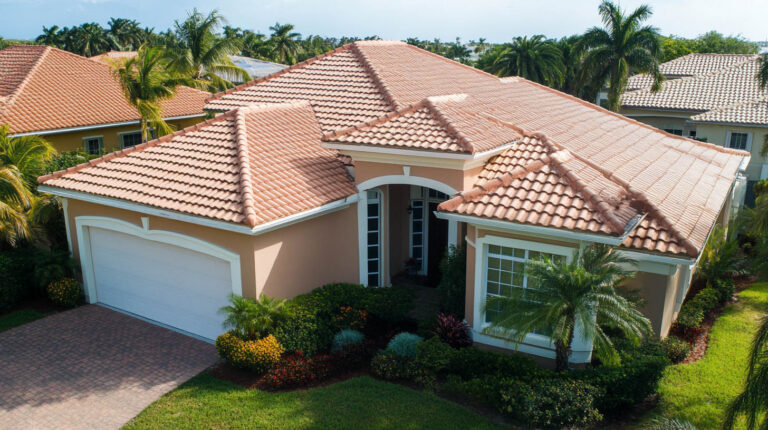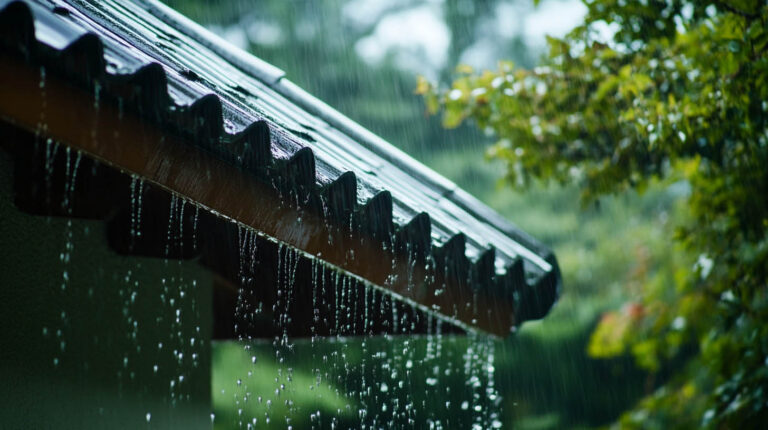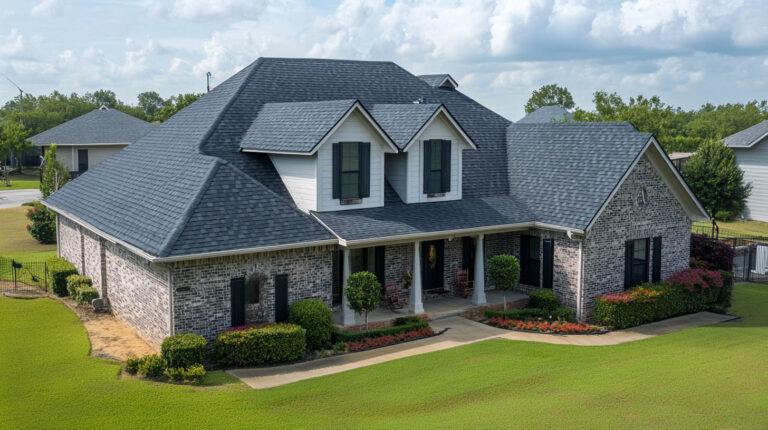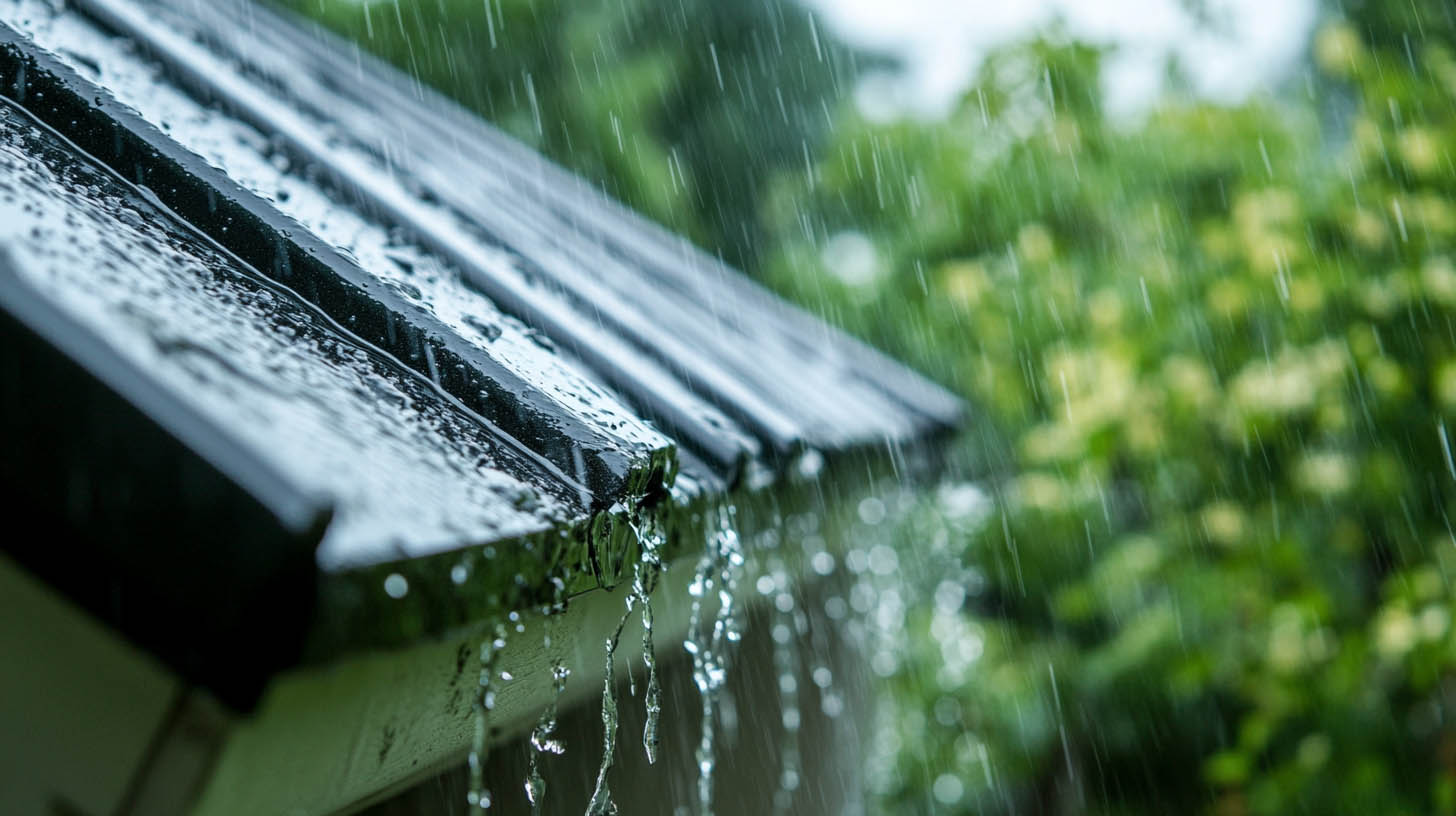
Blog
How to Check Your Roof for Hail Damage
Hail storms can cause significant damage to roofs, often in ways that are not immediately visible. If your home has recently been hit by hail, it’s important to know how to spot the signs of damage to prevent further issues. At Avenue Roofing, Jacksonville’s roofing experts, we recommend early inspections to address potential problems. Here’s a guide on how to check for hail damage and what steps to take.
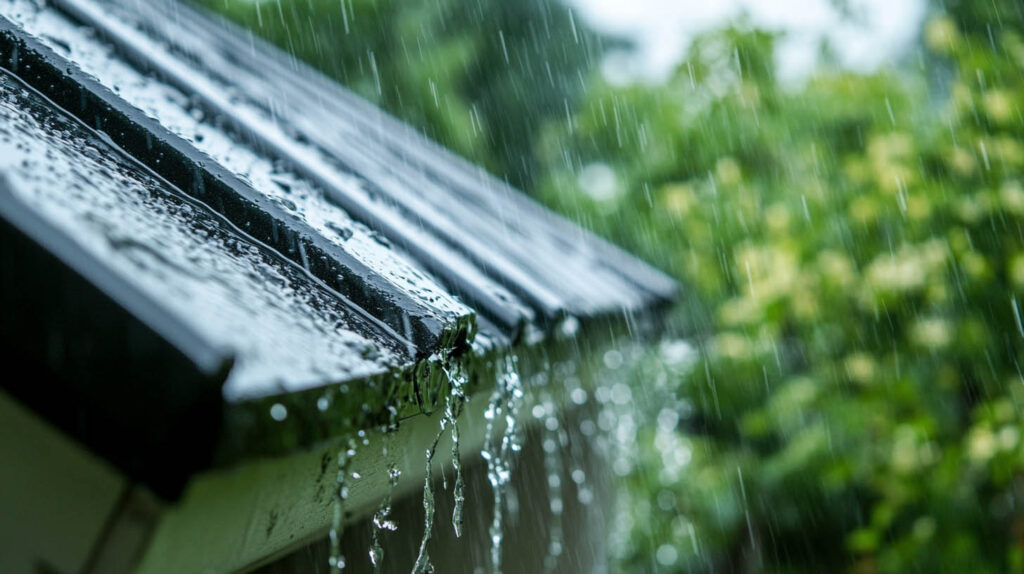
Common Signs of Hail Damage
Hail damage can affect different roofing materials in various ways, but the following are some of the most common indicators:
1. Missing Granules
One telltale sign of hail damage is the loss of granules from asphalt shingles. Granules protect shingles from the sun’s harmful UV rays, and their absence can shorten the roof’s lifespan. If you notice bare spots or areas where granules have accumulated in gutters, this could be a sign of hail damage.
2. Dents and Divots
Hail can leave visible dents or small divots in shingles, especially if the hailstones were large. These marks weaken the shingle structure, potentially leading to leaks over time. Be on the lookout for soft spots or small indentations that could indicate hail impact.
Can Small Hail Cause Damage?
Surprisingly, even pea-sized hail can cause damage. While it may not strip shingles of their granules, it can still lead to dents and soften the asphalt layer of shingles, making them more susceptible to future damage. It’s important to inspect your roof after any hail storm, regardless of hail size.
Roof Materials and Hail Resistance
While no roof is entirely hail-proof, some materials are more resistant than others. For instance, metal roofs are generally more durable than asphalt shingles when it comes to hail impact. If you live in an area prone to hail storms, it may be worth considering materials that offer better durability and protection.
Preventive Steps for Hail Damage
The best way to protect your roof from hail damage is through regular inspections and preventive maintenance. Here are some additional tips:
- Schedule Regular Inspections: Have a professional roofer inspect your roof annually or after any severe storm. They can identify early signs of damage and recommend repairs as needed.
- Consider Hail-Resistant Roofing: If hail is common in your area, consider installing a hail-resistant roof made from materials like metal or impact-resistant shingles.
- Clear Gutters and Downspouts: Hail damage can lead to granules accumulating in gutters, which can clog drainage and exacerbate water damage.
Is It Necessary to Fix Hail Damage?
While hail damage may not immediately affect your roof’s performance, leaving it untreated can lead to more severe issues. Damaged shingles can deteriorate faster and are more likely to lead to leaks and water damage. It’s best to have any hail damage professionally repaired as soon as possible to maintain your roof’s integrity.
Does Insurance Cover Hail Damage?
Most homeowners insurance policies cover hail damage. After a hailstorm, contact your insurance provider to file a claim. An adjuster will inspect the damage to determine coverage. At Avenue Roofing, we can also assist you with this process, ensuring you get the repairs you need.
Conclusion
Hail storms can lead to both visible and hidden roof damage, so inspecting your roof as soon as possible is crucial. At Avenue Roofing, we specialize in hail damage repairs and can provide expert guidance to keep your roof in top condition. Don’t let minor hail damage turn into major issues—schedule an inspection today.
Frequently Asked Questions
1. How can I spot hail damage on my roof?
Look for missing granules, dents, or divots in shingles. You may also find granules accumulating in gutters.
2. Can small hailstones damage my roof?
Yes, even pea-sized hail can cause minor dents and soften asphalt shingles, leading to vulnerability over time.
3. Is hail damage covered by homeowners insurance?
In most cases, yes. Contact your insurance provider to confirm coverage and begin the claims process.
4. Are metal roofs more hail-resistant than asphalt?
Yes, metal roofs are generally more resistant to hail than asphalt shingles, though no material is entirely hail-proof.
5. Should I repair hail damage even if there are no leaks?
Yes, addressing hail damage early prevents further deterioration and potential leaks, extending your roof’s lifespan.
To learn more about the benefits of hiring licensed, bonded, and insured roofers, click here.
